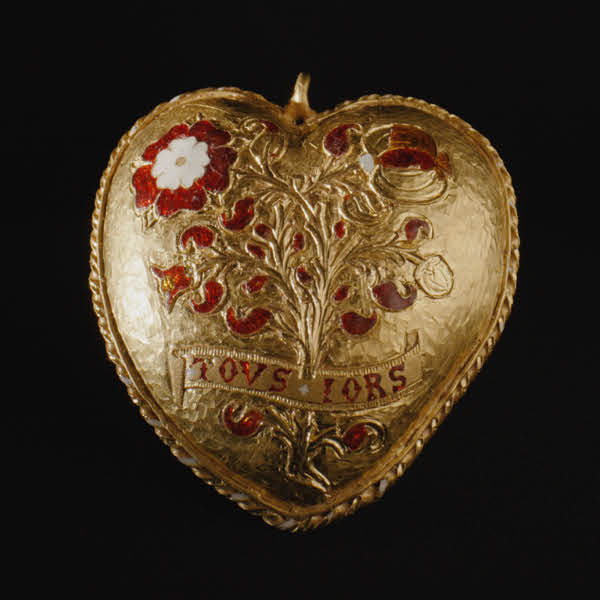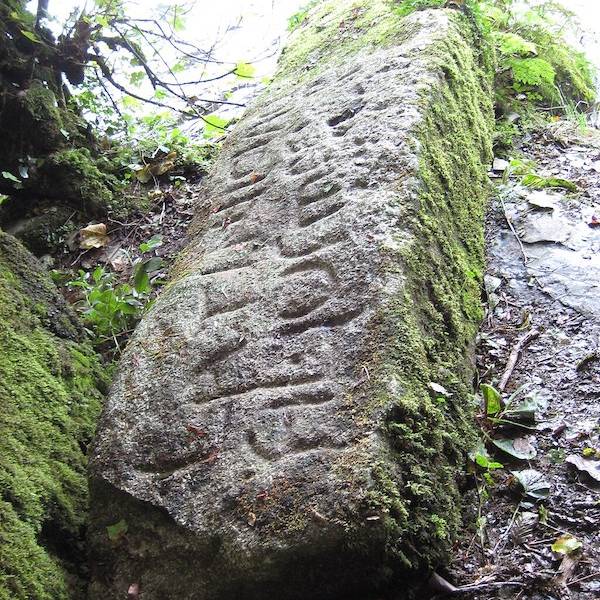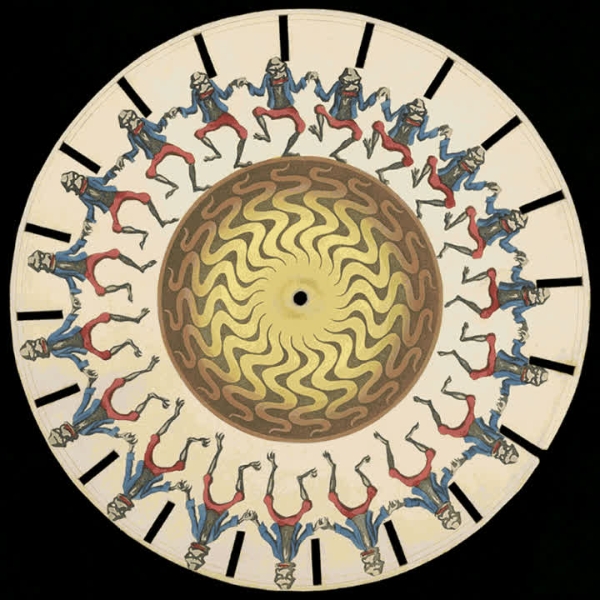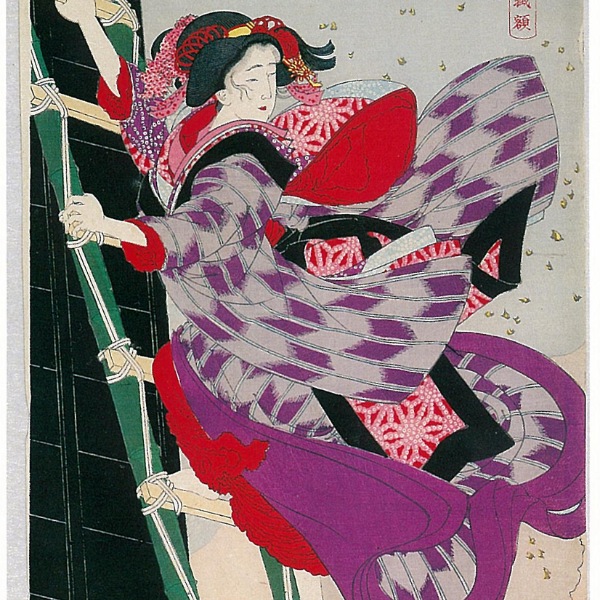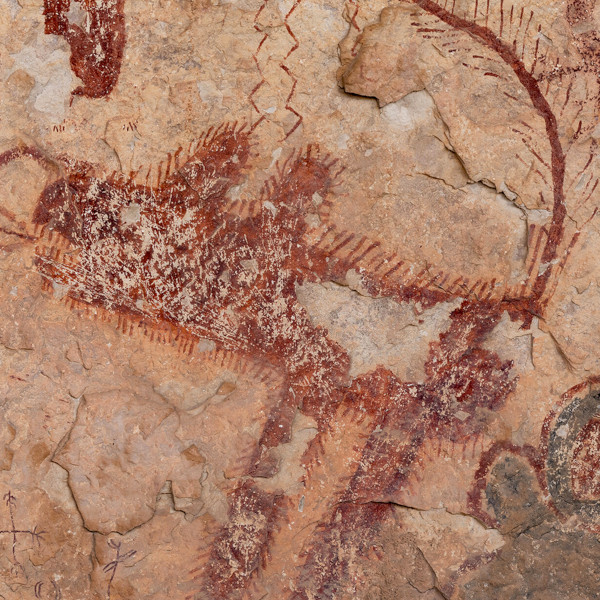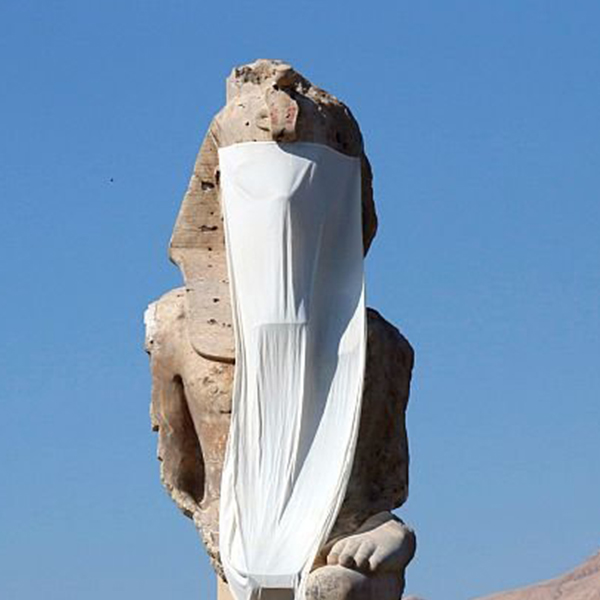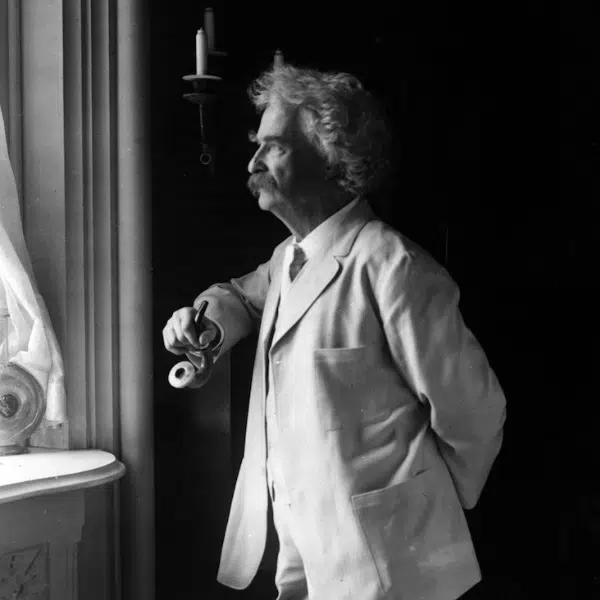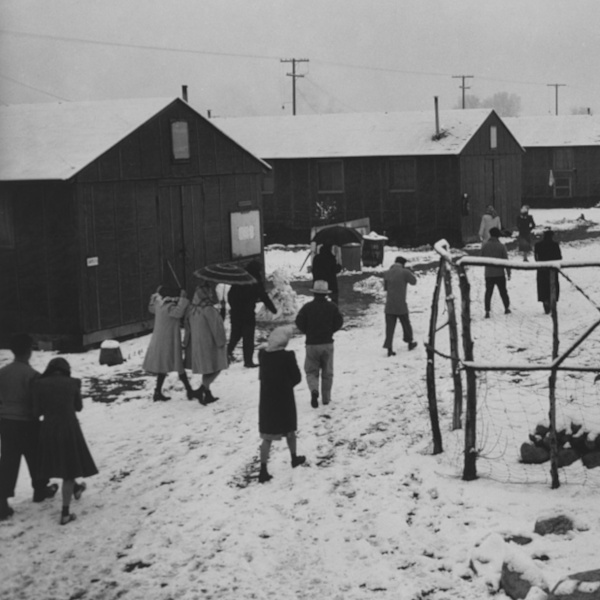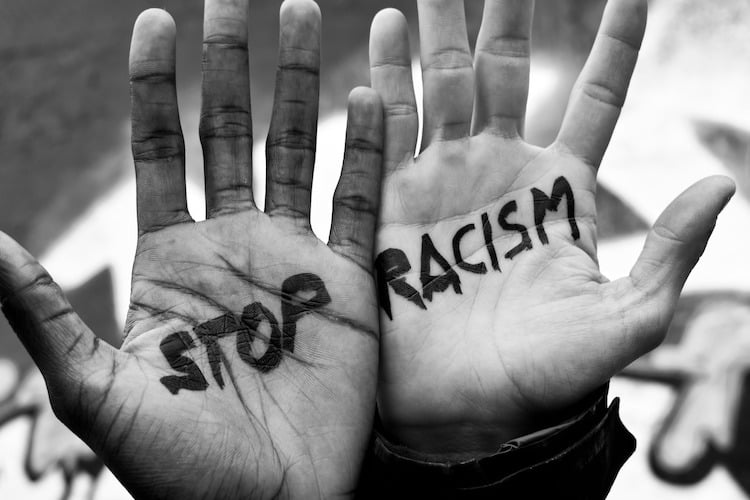
Photo: fotokalua/123RF
The fight for Black equality has a long, complicated history in the United States. And across that history, there are many men and women who have put themselves on the line to fight discrimination and racism. While the civil rights movement of the 1960s produced many great leaders—including Dr. Martin Luther King and John Lewis—there are many Black activists who have taken a stand both before and after to push racial equality forward.
Whether it's Ida B. Wells, who used her skills as a journalist to shed light on the true nature of lynchings, or Nekima Levy Armstrong, a lawyer who activated the community in the aftermath of the George Floyd murder, many women and men have all made important contributions.
Some of these leaders were passionate about ending segregation, while others tackled equal opportunity in employment and education. Others, like Claudette Colvin, simply decided to stand their ground no matter what the consequences. This activism certainly did not start or end in the 1960s, and it continues today with leaders like Ibram X. Kendi, who uses his work in academia to teach the public about antiracism.
This list touches on just some of the incredible Black men and women who have taken a stand for civil rights and social justice throughout history.
Here are 15 incredible Black activists who have fought for civil rights.
Ida B. Wells

Photo: Cihak and Zima via Wikimedia Commons (Public domain)
Full Name | Ida Bell Wells-Barnett |
Born | July 16, 1862 (Holly Springs, Mississippi) |
Died | March 25, 1931 (Chicago, Illinois) |
Notable Contribution | Co-founder of the NAACP |
Born into slavery, Ida B. Wells used her skills as an investigative journalist to expose the fact that lynchings were not only reserved for Black criminals—an idea widely circulated at the time. As an early civil rights leader and feminist, Wells was a founder of the National Association for the Advancement of Colored People (NAACP) and worked with Susan B. Anthony during the women's suffrage movement.
W.E.B. Du Bois
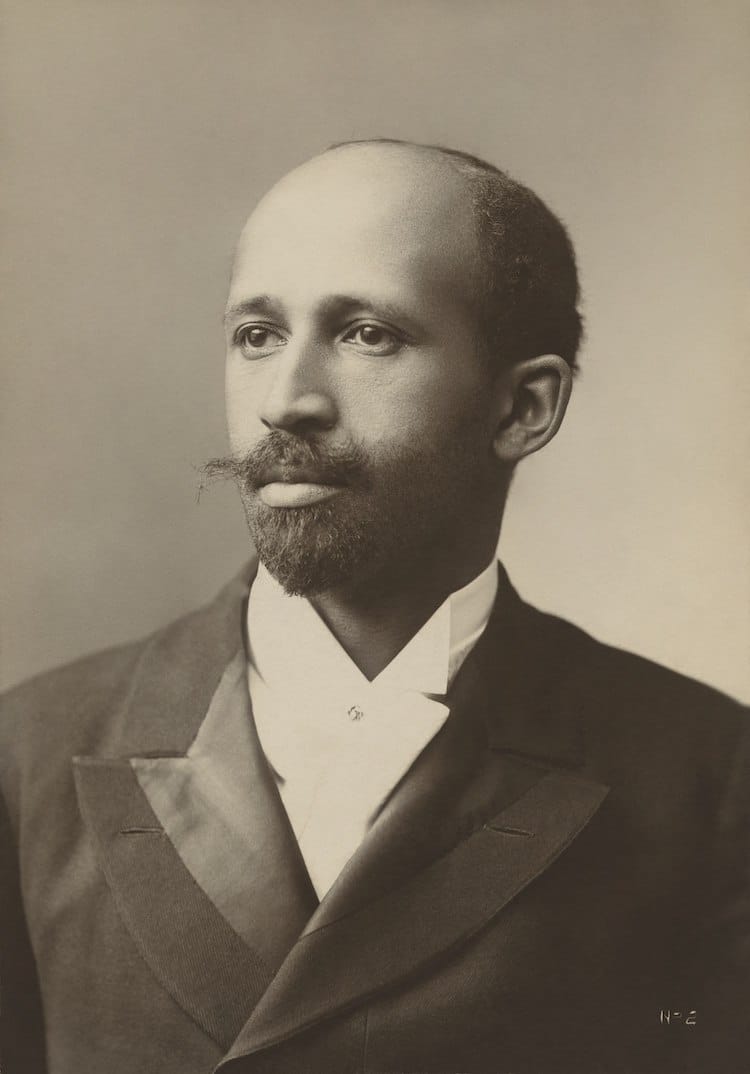
Photo: James E. Purdy/National Portrait Gallery via Wikimedia Commons (Public domain)
Full Name | William Edward Burghardt Du Bois |
Born | February 23, 1868 (Great Barrington, Massachusetts) |
Died | August 27, 1963 (Accra, Ghana) |
Notable Contribution | Co-founder of the NAACP |
Not only was W. E. B. DuBois the first Black person to receive a doctorate from Harvard University, but he was also a leader in the Niagara Movement. This early civil rights movement called for equal rights for all Black people in the South and more political representation. Employment and education discrimination, Jim Crow laws, and lynchings were just some of the other issues he worked tirelessly to change. In 1909, DuBois became a founder of the NAACP and traveled internationally to advocate for people of color worldwide.
A. Philip Randolph
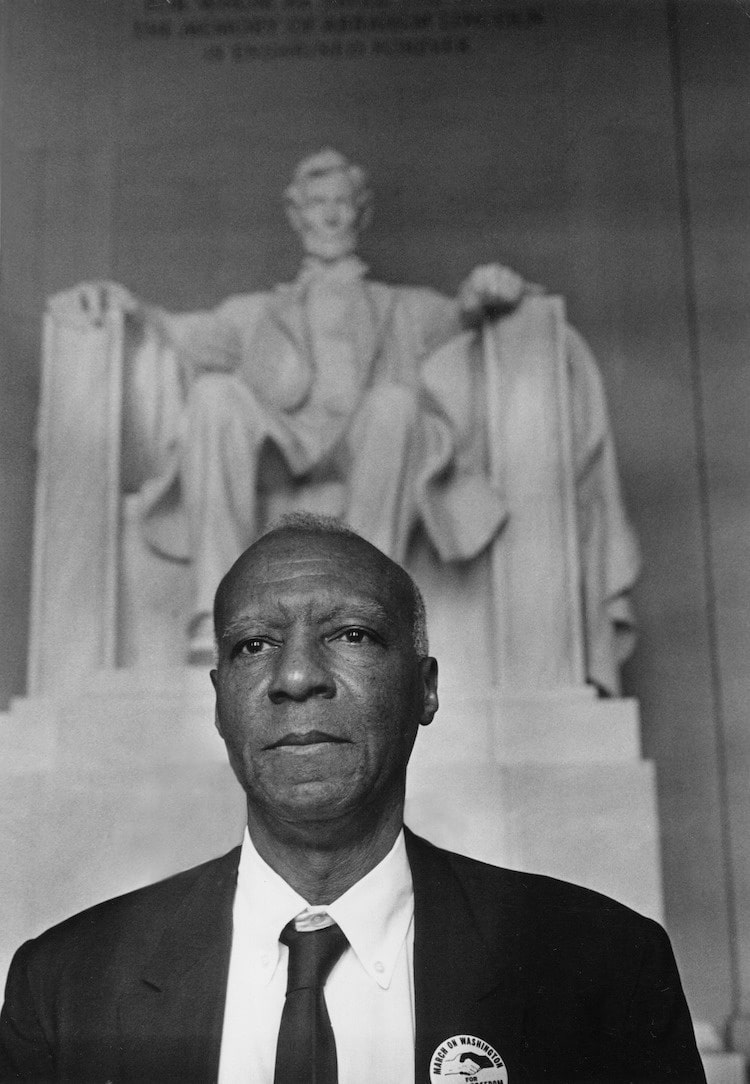
Photo: Rowland Scherman via Wikimedia Commons (Public domain)
Full Name | Asa Philip Randolph |
Born | April 15, 1889 (Crescent City, Florida) |
Died | May 16, 1979 (New York City, New York) |
Notable Contribution | Founded first successful Black labor union |
As a young man, A. Philip Randolph was inspired by W. E. B. DuBois to fight for racial equality. Kept from working anything but manual labor jobs while living in the South, and recognizing that collective bargaining could be a way to gain equality, Randolph eventually organized the first successful Black labor union. The Brotherhood of Sleeping Car Porters (BSCP) was reluctantly accepted into the American Federation of Labor. President Franklin D. Roosevelt later issued the Fair Employment Act after Randolph promised to march 50,000 protestors through Washington. This act ended discrimination in the nation's defense industry. He was also passionate about ending segregation in the military and founded the League for Nonviolent Civil Disobedience Against Military Segregation. This later inspired President Harry Truman to sign an executive order desegregating the military. Randolph was also an organizer of the 1963 March on Washington and is considered one of the Big Six leaders of the civil rights movement along with Martin Luther King Jr., James Farmer, John Lewis, A. Philip Randolph, Roy Wilkins, and Whitney Young.
Ella Baker
View this post on Instagram
Full Name | Ella Josephine Baker |
Born | December 13, 1903 (Norfolk, Virginia) |
Died | December 13, 1986 (Manhattan, New York) |
Notable Contribution | Founded Student Nonviolent Coordinating Committee (SNCC) |
While Ella Baker‘s face may not be as recognizable as others on the list, she played a fundamental role in the civil rights movement. She worked behind the scenes with many of the famous names on this list as a grassroots organizer passionate about nonviolent protest. In fact, she founded the Student Nonviolent Coordinating Committee (SNCC) and helped organize Dr. Martin Luther King Jr.'s Southern Christian Leadership Conference (SCLC). She worked as the associate director of the SCLC and spearheaded its initial project to increase African American voter registration. Later, she founded the Southern Conference Education Fund (SCEF), which worked to dismantle Jim Crow laws and educate white southern people about the evils of racism. Baker also had a long relationship with the NAACP, initially working as a field secretary and later becoming a branch director, which made her the organization's highest-ranking woman at the time.
Dorothy Height
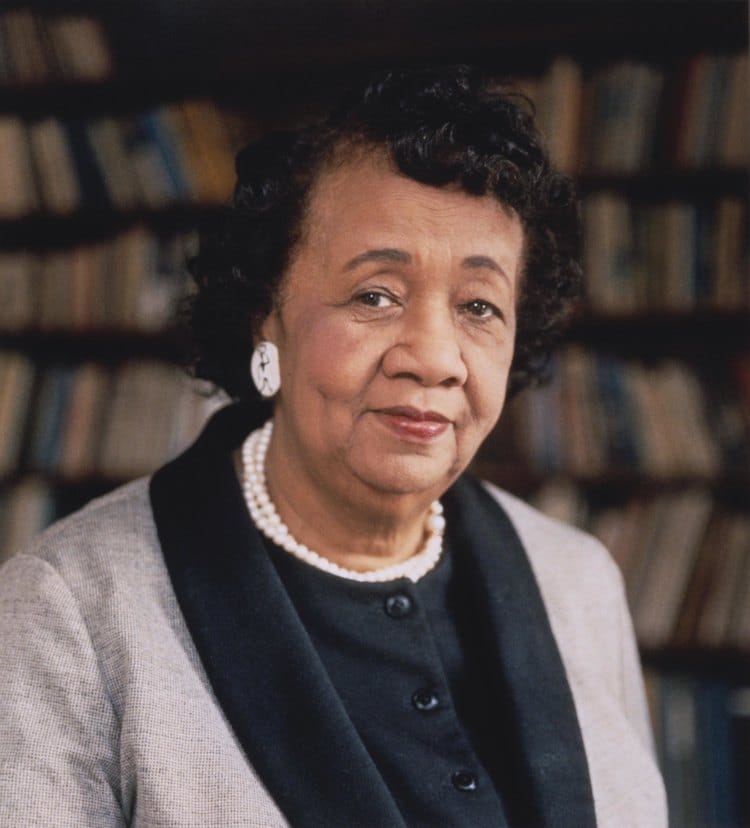
Photo: Schlesinger Library on the History of Women in America via Flickr (No known copyright restrictions)
Full Name | Dorothy Irene Height |
Born | March 24, 1912 (Richmond, Virginia) |
Died | April 20, 2010 (Washington, D.C.) |
Notable Contribution | Longtime President of the National Council of Negro Women (NCNW) |
Spending 40 years as the president of the National Council of Negro Women (NCNW), Dorothy Height was a leading advocate for Black women. She was the first prominent leader to recognize that women's rights and African American rights should be treated as the same, not separate, issues. Height began her foray into activism while still a teenager by working to desegregate her local YWCA pool. Though unsuccessful, she continued to fight against social injustice and created essential relationships with political leaders like Eleanor Roosevelt, President Lyndon B. Johnson, and President Barack Obama. She was a chief organizer at the 1963 March on Washington, with James Farmer later noting that her role and involvement in the Big Six was often overlooked by journalists due to sexism. In 2010, When she passed at age 98, President Barack Obama released a statement calling her “the godmother of the civil rights movement and a hero to so many Americans.”
James Farmer
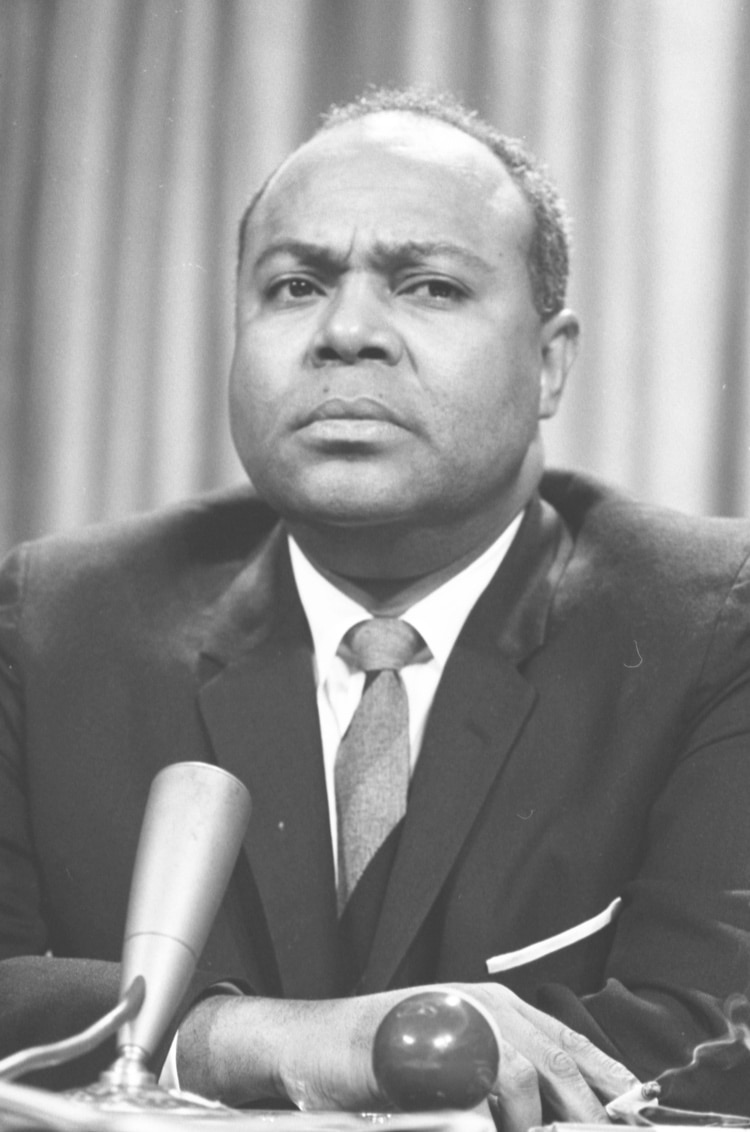
Photo: Marion S. Trikosko, U.S. News & World Report Magazine via Library of Congress (Public domain)
Full Name | James Leonard Farmer Jr. |
Born | January 12, 1920 (Marshall, Texas) |
Died | July 9, 1999 (Fredericksburg, Virginia) |
Notable Contribution | Organizer of the first Freedom Ride |
In 1942, James Farmer co-founded the Committee of Racial Equality (CORE) in Chicago. The organization's mission was to dismantle segregation through nonviolent means. CORE organized large-scale sit-ins at segregated restaurants and put legal pressure on Chicago businesses practicing segregation. Farmer would go on to organize the first Freedom Ride in 1961 and was considered one of the Big Six of the civil rights movement in the 1960s.
Whitney Young
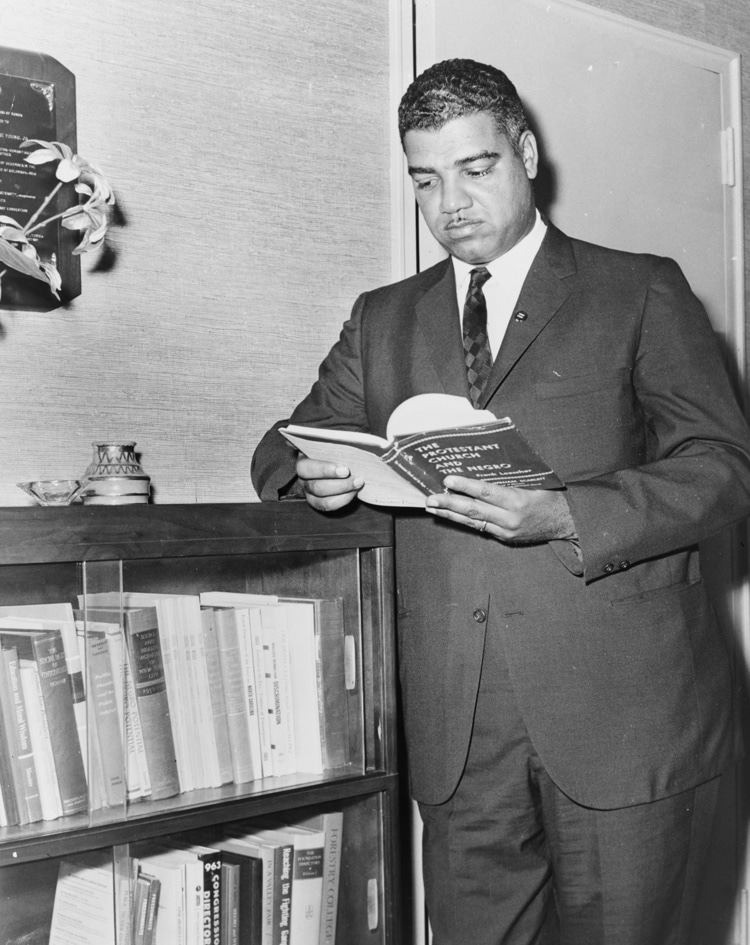
Photo: John Bottega, World Telegram & Sun via Library of Congress (Public domain)
Full Name | Whitney Moore Young Jr. |
Born | July 31, 1921 (Shelby County, Kentucky) |
Died | March 11, 1971 (Lagos, Nigeria) |
Notable Contribution | Executive director of the National Urban League |
A veteran of World War II, Whitney Young used his training as a social worker to help mediate race relations. He spent 10 years as the executive director of the National Urban League. During that time, he took the moderate organization—which also had many white members—and transformed it into a leading voice of the civil rights movement. As executive director, Young used his influence with major corporations and politicians to advocate for the Black community. He was a close advisor of Presidents Kennedy, Johnson, and Nixon. At the same time, he wasn't afraid to take a stand and was an organizer of the 1963 March on Washington despite pushback from white-owned corporations.
Malcolm X
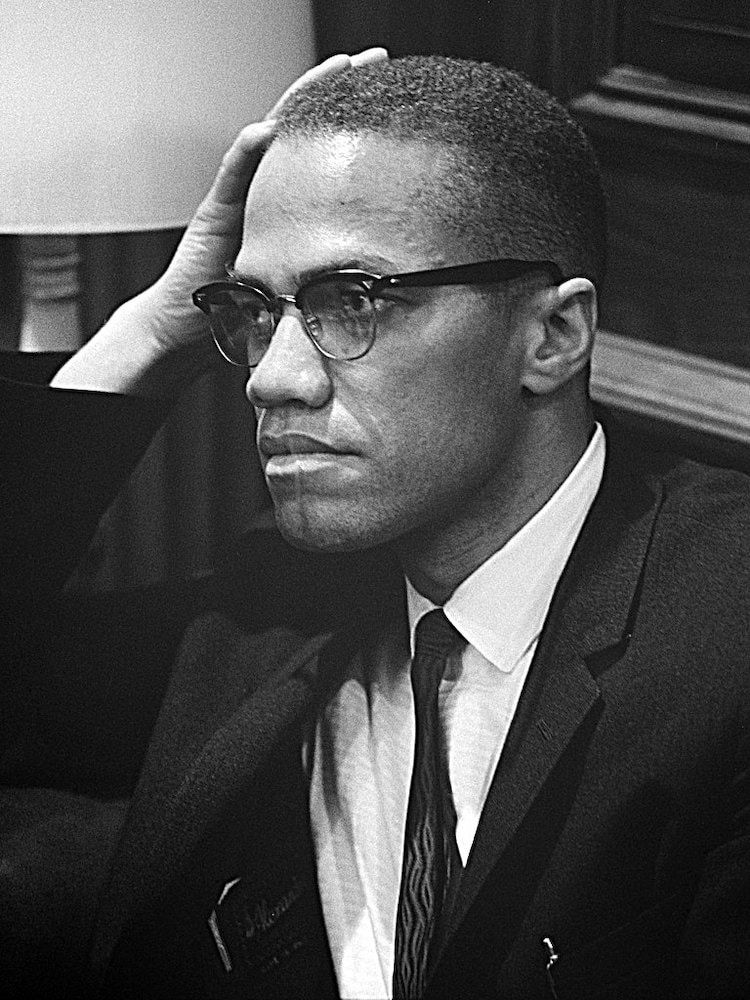
Photo: Marion S. Trikosko, U.S. News & World Report Magazine via Library of Congress (Public domain)
Full Name | born Malcolm Little, later Malik el-Shabazz |
Born | May 19, 1925 (Omaha, Nebraska) |
Died | February 21, 1965 (New York City, New York) |
Notable Contribution | Advocate for Black empowerment |
As the spokesperson for the Nation of Islam, Malcolm X called for Black empowerment and independence. He was vocal about disdain for the nonviolent tactics and integration that were the hallmarks of the mainstream civil rights movement. Instead, he called for a complete separation between the Black and white communities—allowing Black people to have their own land and govern themselves—and stated that Black people needed to rise up by any means necessary. His teachings were the origins of the Black Power movement.
Dr. Martin Luther King Jr.

Photo: Kheel Center via Wikimedia Commons (CC BY 2.0)
Full Name | Dr. Martin Luther King Jr. |
Born | January 15, 1929 (Atlanta, Georgia) |
Died | April 4, 1968 (Memphis, Tennessee) |
Notable Contribution | March on Washington - "I Have a Dream" speech |
Dr. Martin Luther King Jr. remains one of the most prominent names in the American civil rights movement. As a Baptist minister and activist, he believed in nonviolent protest. In 1955, he spearheaded the Montgomery bus boycott. His skills as an orator made him a natural figurehead and the boycott pushed him into the national spotlight. Together with other leaders, he founded the Southern Christian Leadership Conference (SCLC) to harness the power of Black churches for civil rights reform. Dr. King was one of the organizers of the 1963 March on Washington, and it was there that he delivered his iconic I Have a Dream speech.
Claudette Colvin
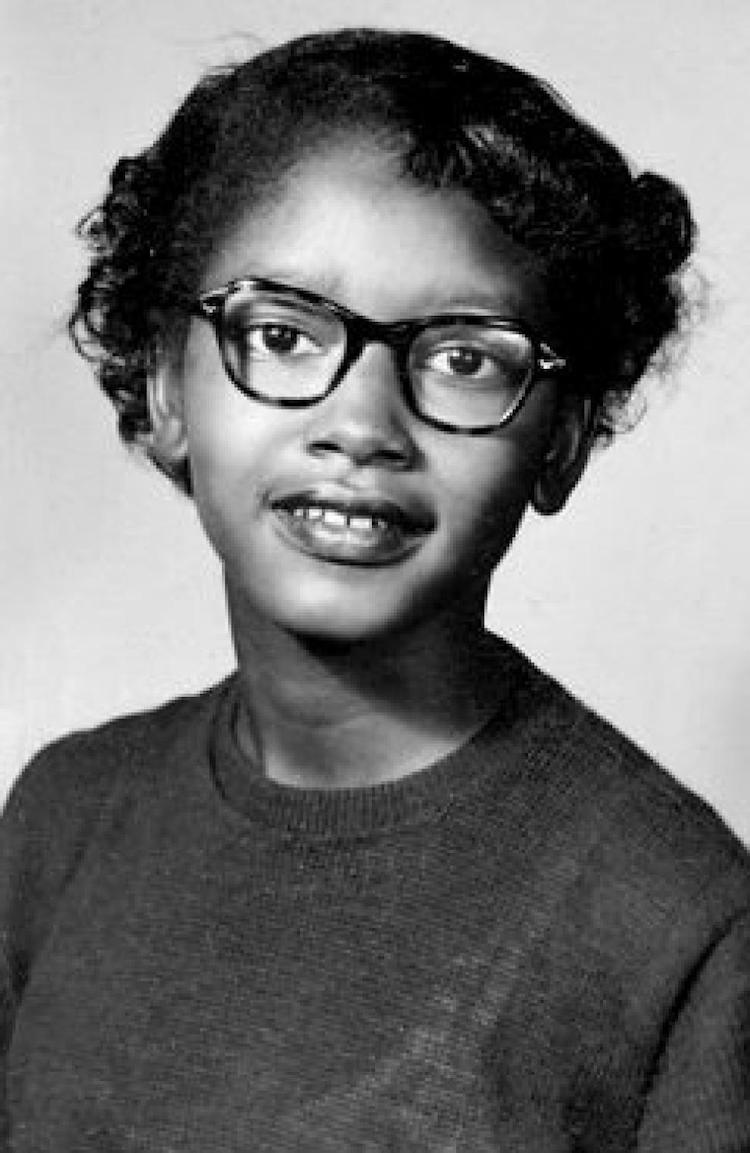
Photo: The Visibility Project, Claudette Colvin via Wikimedia Commons (Public domain)
Full Name | Claudette Colvin |
Born | September 5, 1939 (Montgomery, Alabama) |
Notable Contribution | Help desegregate Alabama public transit as a teenager |
Nine months before Rosa Parks refused to give up her seat on a bus, 15-year-old Claudette Colvin was arrested for not giving her bus seat to a white woman in Montgomery, Alabama. This event helped spark the 1955 Montgomery bus boycott. Later, Colvin testified as part of Browder v. Gayle, which aimed to challenge bus segregation in the city. A ruling that bus segregation in the state was unconstitutional was upheld by the Supreme Court, ending Alabama's bus segregation.
Julian Bond

Photo: Eduardo Montes-Bradley via Wikimedia Commons (CC BY 1.0)
Full Name | Horace Julian Bond |
Born | January 14, 1940 (Nashville, Tennessee) |
Died | August 15, 2015 (Fort Walton Beach, Florida) |
Notable Contribution | Helped found the Student Nonviolent Coordinating Committee (SNCC) |
While studying at Morehouse College, Julian Bond was a founding member of the Student Nonviolent Coordination Committee (SNCC). From 1961 to 1966, as SNCC's communications director, he traveled across the South to organize civil rights protests and organize voter registration. He later founded the Southern Poverty Law Center, which filed legal cases against white supremacy groups. He served a total of 20 years in both the Georgia House of Representatives and Georgia State House and was the chairman of the NAACP from 1998 to 2010.
John Lewis
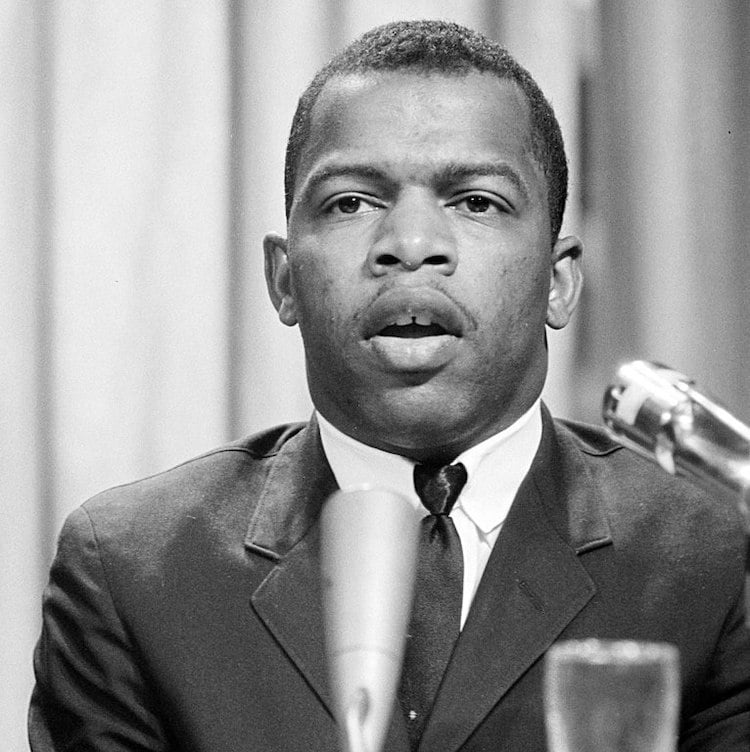
Photo: Marion S. Trikosko, U.S. News and World Reports via Wikimedia Commons (No known copyright restrictions)
Full Name | John Robert Lewis |
Born | February 21, 1940 (Pike County, Alabama) |
Died | July 17, 2020 (Atlanta, Georgia) |
Notable Contribution | Led first Selma to Montgomery march, served 17 terms in the U.S. House of Representatives |
As one of the Big Six who organized the 1963 March on Washington, John Lewis had a long career that saw him go from grassroots activism to a long-serving member of the U.S. House of Representatives. The son of sharecroppers from Alabama, as a young man, Lewis participated in numerous sit-ins and, in 1961, was one of the original Freedom Riders. He also led the first Selma to Montgomery march. During the event called “Bloody Sunday,” his skull was fractured when Alabama state troopers attacked the participants. The events spurred President Lyndon B. Johnson to sign the Voting Rights Act, which prohibits racial discrimination in voting. Lewis remained a staunch defender of this act throughout his career. In 2011, he was awarded the Presidential Medal of Freedom by President Barack Obama.
Tarana Burke
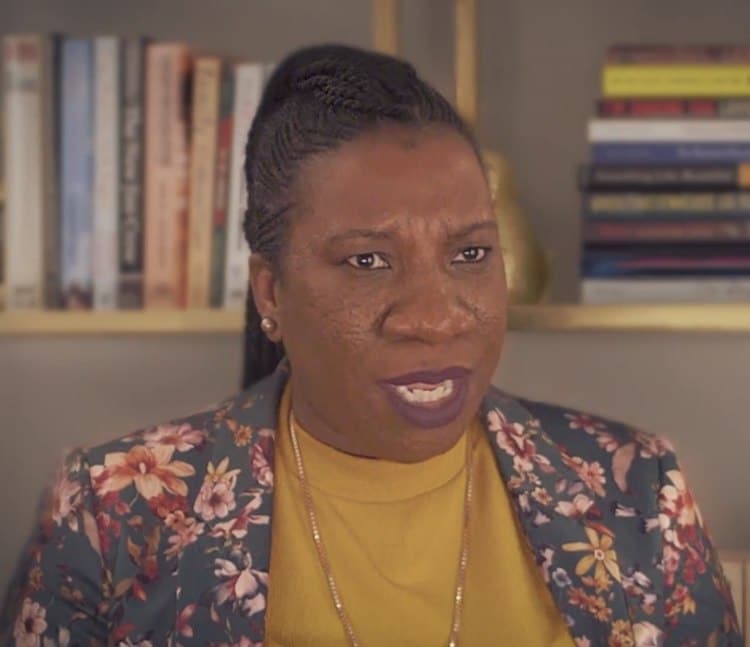
Photo: Brittany “B.Monét” Fennell via Wikimedia Commons (CC BY-SA 3.0)
Full Name | Tarana Burke |
Born | September 12, 1973 (New York City, New York) |
Notable Contribution | Started MeToo movement |
In 2006, Bronx-based activist Tarana Burke started using the term #MeToo as a way to shed light on sexual assault and abuse. Over a decade later, the term would become widespread in light of the Harvey Weinstein scandal. That same year, in 2017, she was also named a TIME magazine's Person of the Year. Burke continues her activism as the longtime Senior Director of Girls for Gender Equity in Brooklyn, which helps young women of color with self-improvement through classes and workshops.
Nekima Levy Armstrong
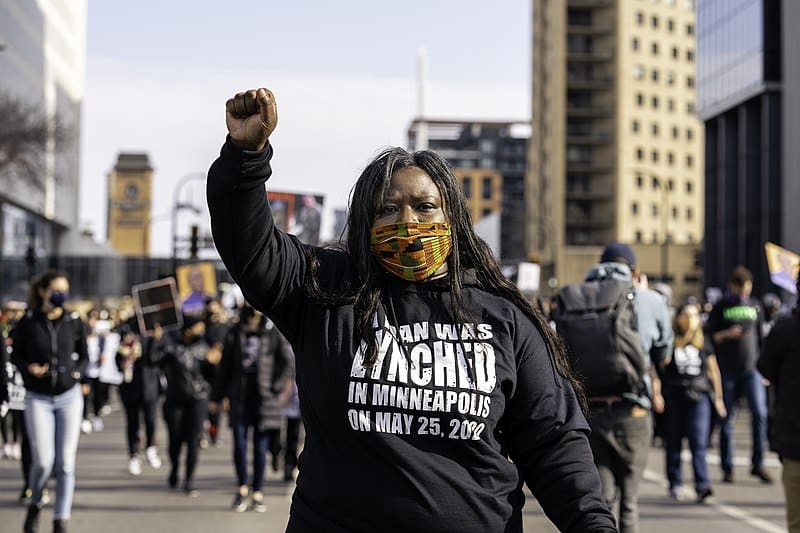
Photo: Lorie Shaull via Wikimedia Commons (CC BY-SA 2.0)
Full Name | Nekima Valdez Levy Armstrong |
Born | June 27, 1976 (Jackson, Mississippi) |
Notable Contribution | Founder of the Racial Justice Network |
American civil rights lawyer and activist Nekima Levy Armstrong rose to national prominence in the wake of the George Floyd murder. She was the president of the Minneapolis chapter of the NAACP from 2015 to 2016 and participated in many Black Lives Matter protests starting in 2014. She was a named party in the American Civil Liberties Union of Minnesota's complaint over the peaceful right to protest after being at a protest where officers used tear gas on participants. She is also the founder of the Racial Justice Network, a grassroots organization committed to “fighting for racial justice and building bridges across racial, social, and economic lines.”
Ibram X. Kendi
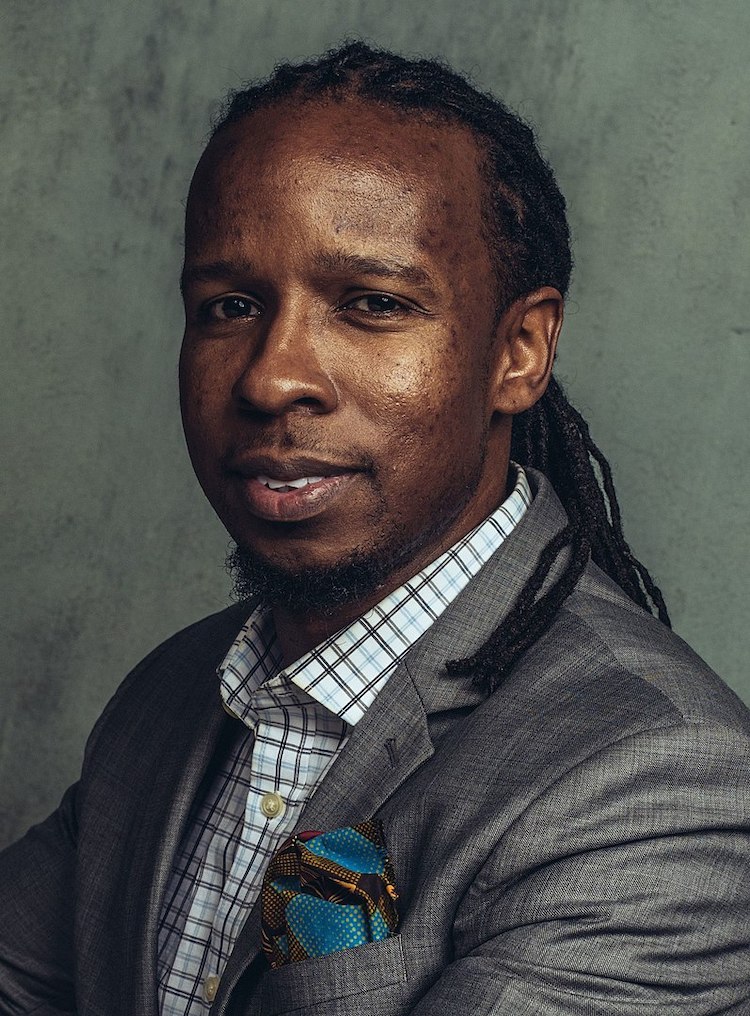
Photo: Stephen Voss via Wikimedia Commons (CC BY-SA 2.0)
Full Name | Ibram Xolani Kendi |
Born | August 13, 1982 (Jamaica, New York) |
Notable Contribution | Director of the Boston University Center for Antiracist Research |
Historian, author, and activist Ibram X. Kendi is the author of How to Be an Antiracist and is the director of the Boston University Center for Antiracist Research. In 2021, Kendi co-founded The Emancipator, an online newspaper covering racial justice topics.
Related Articles:
How the Stonewall Riots Forever Changed History
10 Fearless Women From History Who Fought for a Better Future
10 Groundbreaking African American Artists That Shaped History
8 Artworks of the Civil Rights Movement That Exemplify the Struggle for Equal Rights











































































